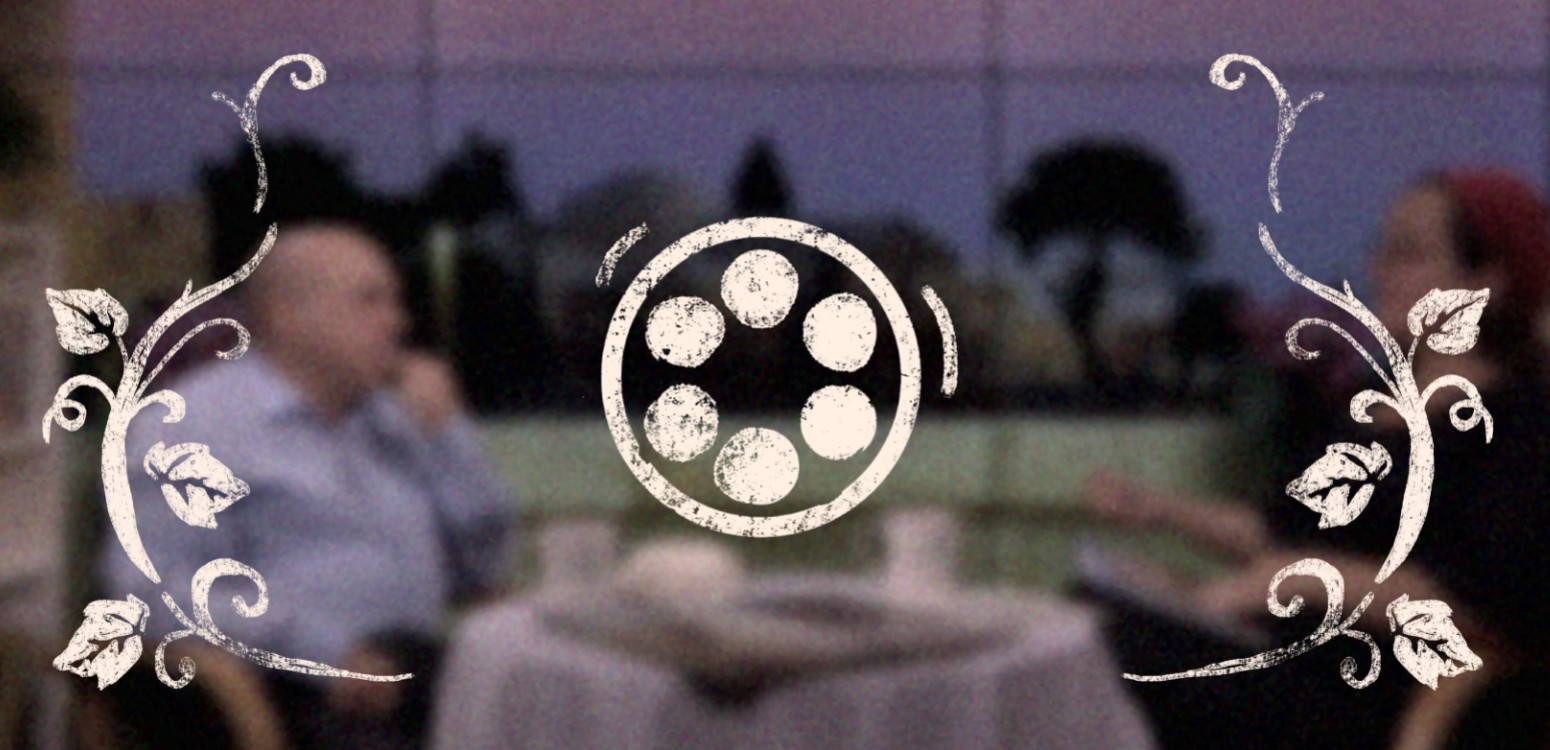
Maimonides offers a profound perspective on the biblical sacrificial system, addressing a fundamental question: Why were sacrifices necessary, and what psychological role did they play?
When the Israelites left Egypt, they faced a monumental challenge. These former slaves were deeply familiar with idol worship and had no experience of worshipping an unseen God. The transition from slavery to spiritual freedom was not simple. How could an entire nation suddenly abandon everything they knew?
“It is, namely, impossible to go suddenly from one extreme to the other: it is therefore according to the nature of man impossible for him suddenly to discontinue everything to which he has been accustomed [...] But the custom which was in those days general among all men, and the general mode of worship in which the Israelites were brought up, consisted in sacrificing animals in those temples which contained certain images, to bow down to those images, and to burn incense before them [...]It was in accordance with the wisdom and plan of God, as displayed in the whole Creation, that He did not command us to give up and to discontinue all these manners of service.” (Maimonides, “The Guide for the Perplexed,” 3:32)
A concession to human psychology
Maimonides (1138–1204), AKA the Rambam—one of the most influential Torah scholars of the Middle Ages—provides a revolutionary answer: animal sacrifices were a divine concession to human psychology. In his words, “It is impossible to go suddenly from one extreme to the other.” God understood that demanding an immediate, complete transformation would be psychologically impossible.
The sacrificial system was not an ideal form of worship, but a strategic compromise. It allowed the Israelites to gradually move from familiar idol worship to a more abstract, spiritual connection with God. This approach recognized human limitations and provided a compassionate path to spiritual growth.
Our religious ceremonies are also just a step on the way
And here Maimonides adds a surprising radical statement:
“It would in those days have made the same impression as a prophet would make at present if he called us to the service of God and told us in His name, that we should not pray to Him, not fast, not seek His help in time of trouble; that we should serve Him in thought, and not by any action” (ibid).
Surprisingly, Maimonides suggests that even ritualistic practices might be temporary psychological tools. Just as sacrifices were a stepping stone for ancient Israelites, current religious ceremonies might be interim stages toward a purer, thought-based worship.
Divine Cunning of Mercy
This perspective reveals two approaches to human development: Those who demand immediate perfection, and those who understand progress as a compassionate, step-by-step journey. Maimonides champions the latter, describing this approach as “divine cunning of mercy”—a strategic kindness that guides people toward higher understanding.
The same principle applies to broader human experiences, particularly the journey to freedom. Freedom is not achieved instantly but approached incrementally. Each generation comes a little closer to the ideal, much like the Israelites' gradual transition from slavery.
As we reflect on this during Passover, the Festival of Freedom, we might ask ourselves: How do we take the next step in our personal and collective journey toward true liberation?
Maimonides teaches us that progress requires patience, compassion, and an understanding of human psychological complexity. Transformation is not about sudden, radical change, but about thoughtful, incremental steps.
The podcast “Source of Inspiration” along with this weekly Torah portion column are taking a short break. We will be back after Passover.
**
Lior Tal Sadeh is an educator, writer, and author of “What Is Above, What Is Below” (Carmel, 2022). He hosts the daily “Source of Inspiration” podcast, produced by Beit Avi Chai.
For more insights into Parashat Vayikra, listen to “Source of Inspiration”>>
Translation of most Hebrew texts sourced from Sefaria.org
Main Photo: Book of Leviticus Chapter 1-1 (Bible Illustrations by Sweet Media)\ Wikipedia
Also at Beit Avi Chai





















